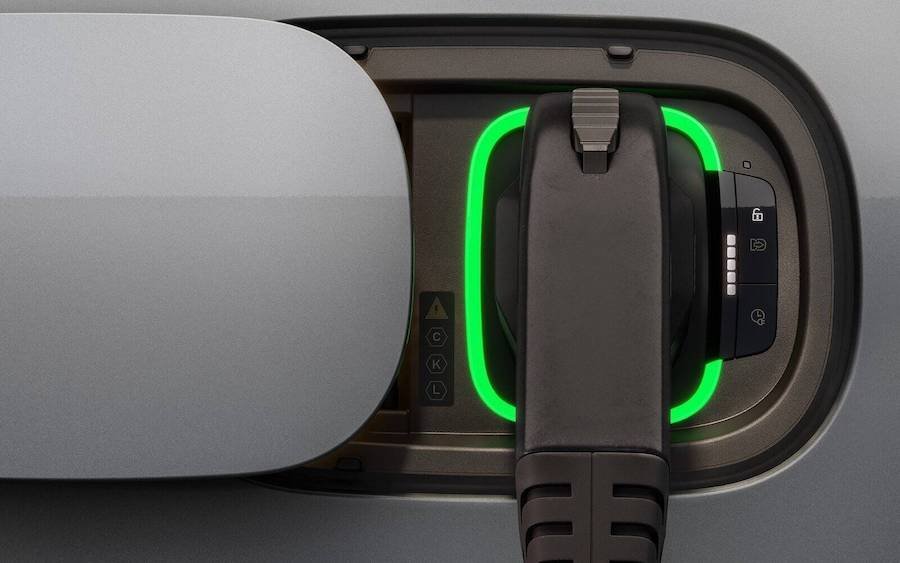Automakers sound alarm after EU electric vehicle sales crash

There are many reasons to love electric vehicles — they’re powerful, they can charge using electricity generated in a variety of ways instead of relying on gas, and they’re often packed with state-of-the-art features and gizmos.
But what if not everyone wants one?
The declining demand for EV's in Europe
That is the situation in Europe, where the European Automobile Manufacturers’ Association (ACEA), which represents the interests of 15 major Europe-based automotive brands, including icons like BMW, Ferrari, Mercedes, Renault, Volkswagen, and others, is sounding the alarm about a steady slide in EV sales now turning into a precipitous freefall.
So far this year, unit sales for true EVs are down 8.4%, and this decline has been ongoing for a while. The situation is even bleaker for hybrids, with sales down nearly 14% compared to last year.
ACEA has pleaded with European lawmakers to provide relief and ease the burden of CO2 reduction laws on vans and buses that will come into effect leading into the new year. They also called for a review of light and heavy-duty vehicle rules slated for 2026 and 2027, urging that these discussions be moved up to the next year.
European carmakers insist they are committed to complying with the greenification of Europe’s roads and manufacturing, and they claim to have the technology to do it. However, they argue that critical societal shifts and policy decisions are not keeping pace.
This may be a subtle critique of the slow and confusing progress on effective EV import regulations, especially when it comes to heavily subsidized carmakers from developing countries like China. These countries have a competitive advantage partly due to lax environmental rules, which European manufacturers must abide by.
That may only be part of the concern. ACEA also reports that the entire EV market, not just the share controlled by its members, is in a continuing and accelerating downturn. The report lists several compounding factors, including:
- A lack of charging infrastructure
- Insufficient green energy production
- Uncompetitive manufacturing laws
- The structure of purchase and tax incentives for buyers
- Insecurity and uncertainty over access to raw materials, especially for batteries
- Poor economic growth
- Consumer acceptance of EVs
- Lack of consumer confidence in Europe’s commitment to developing infrastructure in a timely manner
These are significant hurdles to overcome, and the laws passed to transition Europe to a greener future were written before many of these challenges were fully understood. Covid-19 hit Europe’s auto market hard, with sales still 18% lower than they were pre-pandemic. Russia’s war in Ukraine has also shaken confidence in Europe and prompted many to revert to familiar, reliable options instead of taking risks on future technologies.
ACEA reports that only 16% of non-EV owners are considering switching with their next purchase, down from 18% three years ago. Even more troubling, 20% of current EV owners are strongly considering a return to traditional combustion engines, despite Europe’s climate targets.
What's at stake for Europe's automotive future?
At the conclusion of their report, ACEA warns that, in light of these realities, automakers will either have to pay massive fines to sell people the cars they want — money that could have been invested in becoming more competitive and producing more EVs — or they will have to cut production so drastically that the resulting job losses would weaken Europe’s economy and supply chains, exacerbating the conditions that caused the slump in the first place.
Their plea to EU lawmakers is clear: change the laws to support the automotive sector in building a climate-responsible and economically competitive industry, or everyone loses.
Related News
